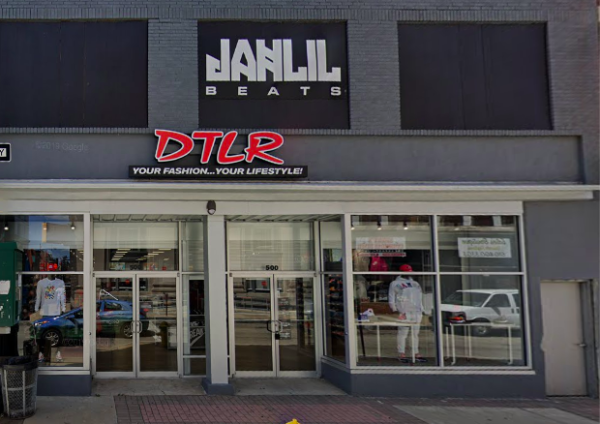Additional reporting by: Seleah Simone (@seleashsimone)
(AllHipHop News) There is more to Jahlil Beats than meets the eye… or ear for that matter.
The super producer is behind hits and mega remixes for some of your favorite rap stars, including Rick Ross, Chris Brown, Meek Mill and Drake, Jeezy, Game, Diddy, and others.
But Jahlil Beats has been doing more than just banging out neck-breaking beats in the crib. He is plotting on doing his part to combat gentrification in Black and Brown communities.
In a recent live-streamed interview on AllHipHop.com’s Instagram, Jahlil spoke candidly about his future ventures and desire to help the underserved finding affordable housing in the suburbs of Philadelphia.
“The last maybe three years, I’ve been heavy in the real estate in my hometown Chester, Pennsylvania. On the residential side, I got about like 400 properties that I’m developing,” Jahlil Beats revealed to AllHipHop.com.
“We are putting up nice little modular homes. My team, we own blocks downtown Chester…we bought like five acres in one spot, we bought three acres in another spot…I’ve got my own signature sneaker store (DTLR), that’s still number one in the region out there. And, with big companies coming in, there’s also gentrification. So, I’m just trying to create affordable housing.”

Hats off to Jahlil.
Though not a large city (under 35,000 people), Chester has a history of being an important municipal in Southeastern Pennsylvania.
According to Nextcity.org, it used to be an “industrial powerhouse where ships were built, locomotives soldered, and Fords assembled.” Now Chester is what is called a “weak market city.”
The platform notes that the median home sale price in Chester only a decade ago was $20,000.
To put that in perspective, Wilmington (Delaware – about 15 minutes south) has a median house sale of $69,350 and Philly (15 minutes north) is about $98,000.
To further display the level of poverty present in his city’s hometown, Nextcity.org states that a third of the people live below the poverty level.
And even though the average rent is under $800, a lot of tenants struggle to make ends meet over 35% of their annual income goes to landlords.
“[We are] just trying to control, and have it black-owned because a lot of these companies is coming in and they’re like taking over, but they don’t understand our people, or they don’t understand the demographic,” Jahil Beats said.
